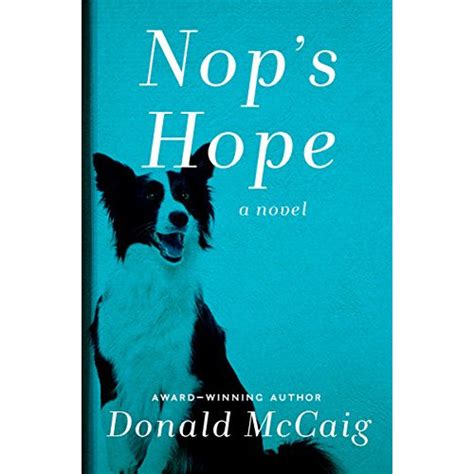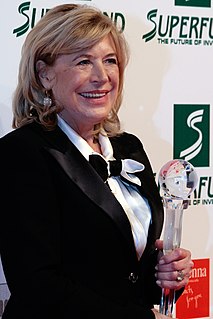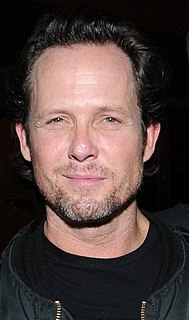A Quote by Sara Sheridan
As an historical novelist - there are few jobs more retrospective.
Quote Topics
Related Quotes
A few more years shall roll,
A few more seasons come;
And we shall be with those that rest,
Asleep within the tomb.
A few more storms shall beat
On this wild rocky shore;
And we shall be where tempests cease,
And surges swell no more.
A few more struggles here,
A few more partings o'er,
A few more toils, a few more tears,
And we shall weep no more.
Then, O my Lord, prepare
My soul for that blest day;
Oh, wash me in Thy precious blood,
And take my sins away.
It does happen to be a historical fact that my husband served as president for eight years. And there's a lot that happened which helped the American people during those eight years. I want an economy that creates more jobs. And that's a lot of jobs. I want an economy that gets back to raising incomes for everybody.
Silences enter the process of historical production at four crucial moments: the moment of fact creation (the making of sources); the moment of fact assembly (the making of archives); the moment of fact retrieval (the making of narratives); and the moment of retrospective significance (the making of history in the final instance).




































